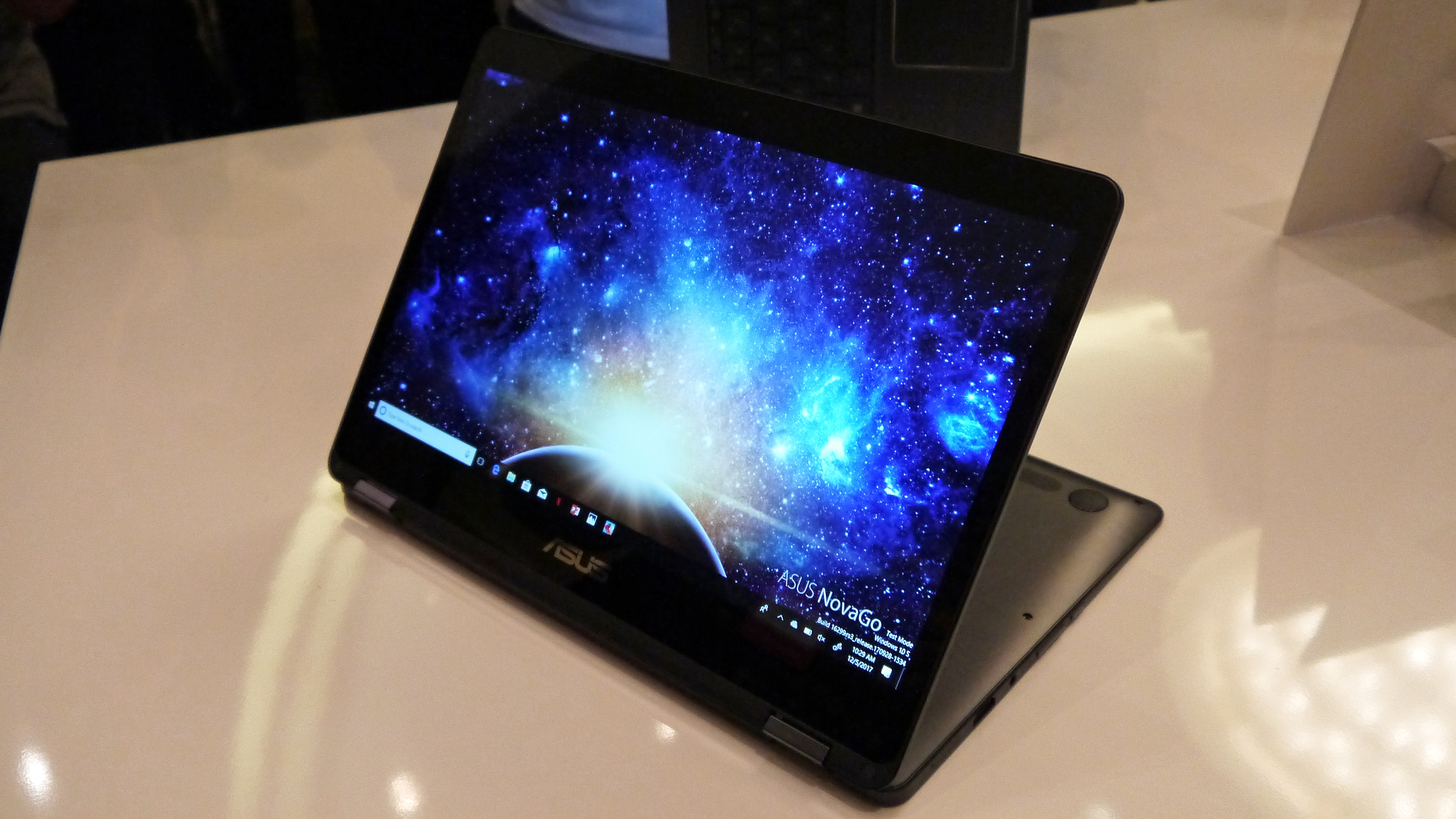Microsoft hides details of how Windows 10 on ARM is more restrictive than first thought
This was certainly an odd move by the firm over the weekend…

Over the weekend, Microsoft published an online document detailing the limitations of Windows 10 on ARM – clarifying some known restrictions, and revealing a couple of fresh ones – but the software giant subsequently pulled that document down, and it’s no longer available.
Of course, that didn’t stop folks managing to copy the text before it was whipped away, as the Register spotted.
The document made it clear that Windows 10 on ARM will be a more limited experience than we previously thought, in some respects at least.
For starters, the Windows Hypervisor Platform isn’t supported on ARM, meaning that it won’t be possible to run virtual machines using Hyper-V on an ARM device.
Microsoft also warned that: “Apps that assume that all ARM-based devices are running a mobile version of Windows may not work correctly,” adding that such apps “may appear in the wrong orientation, present unexpected UI layout or rendering, or [fail] to start altogether when they attempt to invoke mobile-only APIs without first testing the contract availability.”
Storm cloud
As Thurrott.com further observed, apps which modify the Windows interface – such as shell extensions and cloud storage apps like Dropbox – won’t work with Windows 10 on ARM unless they are recompiled for the OS.
Those are the most major issues highlighted, save for the stuff we already knew about, like the fact that 64-bit apps won’t work, only 32-bit ones (at least not to begin with, although this may change down the line). Of course, x86 drivers will also need to be rewritten for ARM, so again initial hardware support is likely to be something of a rocky issue.
Get daily insight, inspiration and deals in your inbox
Sign up for breaking news, reviews, opinion, top tech deals, and more.
Older games and apps that use hardware-accelerated OpenGL or older DirectX versions (previous to DX9) also won’t work, which could throw up the odd legacy issue.
Microsoft has unsurprisingly copped some flak online for the way this page has been yanked down, and also because the company has previously been building up Windows 10 on ARM as a no-compromise full-fat version of the OS (with monster battery life for laptops).
- We've picked out the best laptops of 2018
Darren is a freelancer writing news and features for TechRadar (and occasionally T3) across a broad range of computing topics including CPUs, GPUs, various other hardware, VPNs, antivirus and more. He has written about tech for the best part of three decades, and writes books in his spare time (his debut novel - 'I Know What You Did Last Supper' - was published by Hachette UK in 2013).